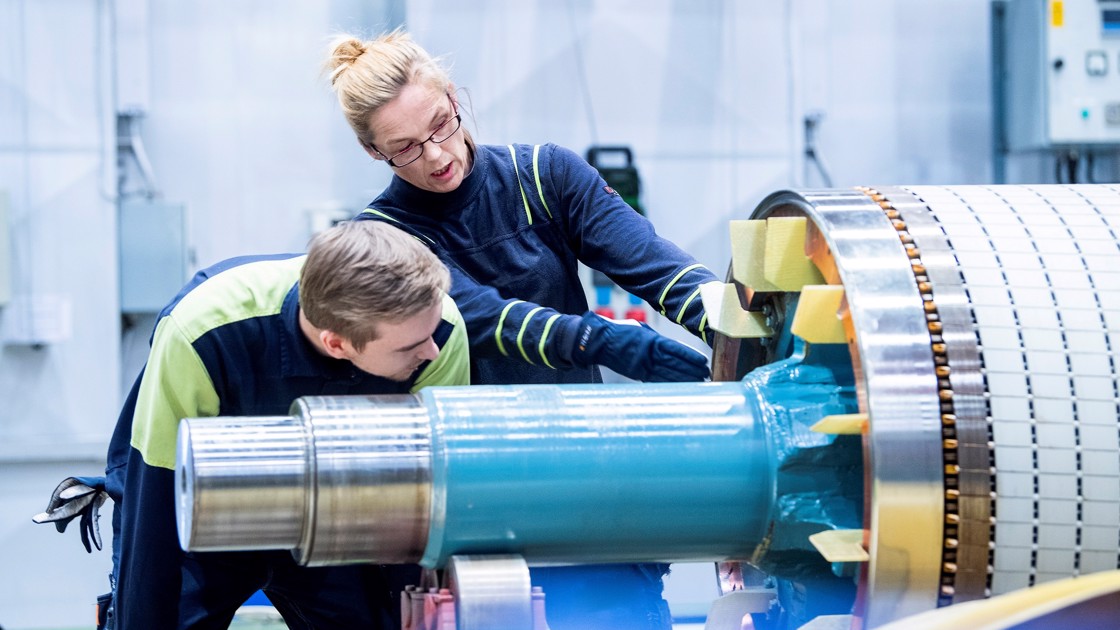The European Commission launched the Pact for Skills in November 2020 with the aim of promoting partnerships between companies, social partners and vocational education and training (VET) providers that are actively engaged in skills development. Each Pact for Skills will be established within a strategic industrial ecosystem.
Ceemet and industriAll Europe are already contributing to the Pacts for Skills which have been established for the automotive and the aerospace and defence ecosystems. The Pacts foster a collaboration to tackle the challenges posed by the green and digital transition, making sure that re- and upskilling is stepped-up all over Europe.
Key role of MEPs
The success of the different Pacts depends on the involvement of a wide range of actors, including representatives of companies, education and training providers, regions and social partners.
MEPs also have a role to play when it comes down to helping to give a push in their constituency and during discussions at European level, making sure that the initiative reaches all concerned stakeholders at European, national, regional and local levels. Only then can the Pacts for Skills fully contribute to the overall development of skills throughout Europe.
Social partners in the driver’s seat: activating the Pact for Skills at all levels
Social partners have been addressing the issue of skills shortages and the need for re- and up-skilling in the past, an urgency that is widely recognised by now.
Reiterating industriAll Europe’s demand for lifelong employability and training for future-proof occupational pathways, Isabelle Barthès, industriAll Europe Deputy General Secretary, states that:
“In a rapidly changing industry, it is crucial to continuously anticipate and manage skills and training needs to avoid a situation where the lack of skills hampers company recovery and transformation and undercuts workers’ employability. However, the reality is very different from one country to another, and the overall volume of training is very far from what it should be. The Pacts for Skills can serve as a catalyst for all stakeholders, at all levels, to take action to ensure fair and inclusive transition for all. This requires rights to secure training and job-to-job transition for workers.”
Delphine Rudelli, Ceemet Director General, adds:
“The social partners’ role is twofold: on a European level we support the initiative, share experiences and disseminate information to our members. And via our members, we collect best practices of companies and make them available to others within the Pact. Accessing this information requires operating as closely as possible with companies.”
To conclude, both social partners point out that VET, up- and reskilling and lifelong learning are a shared responsibility between employers, national, regional and local public authorities, trade unions and the workers themselves, signalling once more that achieving the objective of the Pacts for Skills in the metal sector requires a clear commitment from and the involvement of all.
Contact: Aline Conchon (senior policy adviser)
